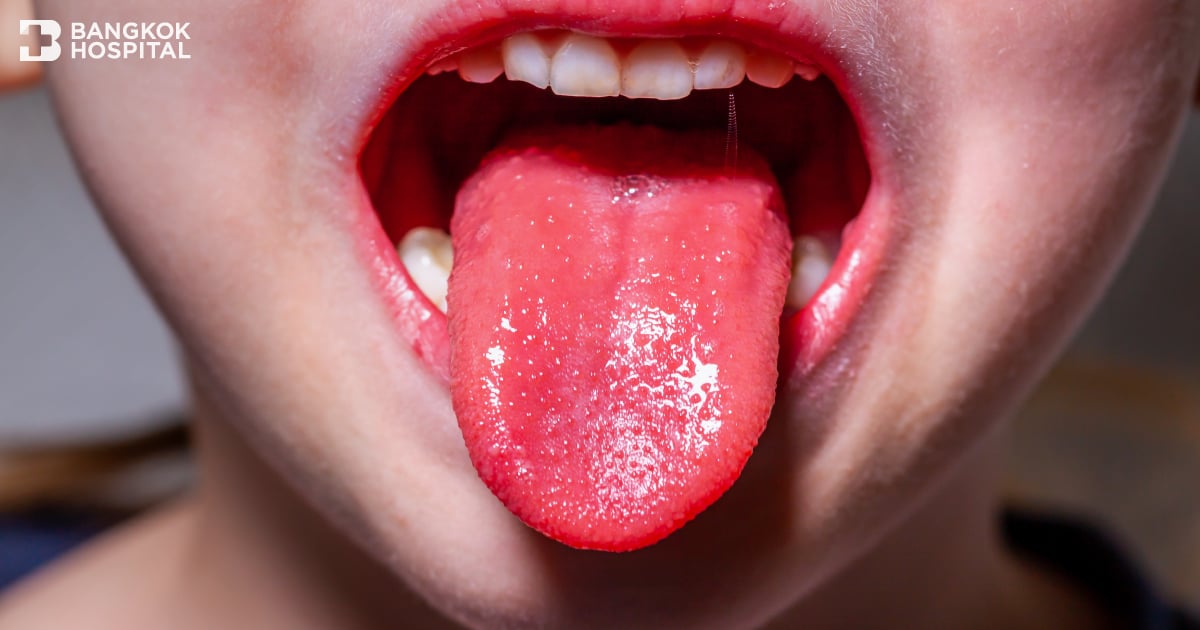Gastroenteritis outbreaks commonly found in children throughout the year, especially during the winter season, worry many parents. These may not be caused by bacteria, but are caused by a virus known as Norovirus, which results in severe symptoms of diarrhea, nausea, and vomiting in young children. If the immune system is weak, the condition can become severe and potentially fatal. Therefore, recognizing this virus helps in timely care and treatment of the affected children.
Understanding Norovirus
Norovirus is a virus that causes inflammation of the gastrointestinal tract. This virus is highly contagious and can spread rapidly, even with a small amount of the virus. Importantly, it is resistant to heat and various disinfectants. Therefore, when food and water are contaminated with norovirus, it can cause diarrhea and vomiting and can be easily transmitted because it spreads quickly. This virus is prevalent in the winter season, easily transmissible in cold weather, and causes illness in both children and adults.
Symptoms
Common symptoms if infected with norovirus within 24 – 48 hours include:- Watery diarrhea
- Stomach pain
- Nausea
- Vomiting
- Headache
- Mild fever
- Body aches
- Fatigue
Diagnosis and Treatment
Diagnosis of norovirus infection can be done by collecting stool samples for special examination in the laboratory. If norovirus infection is confirmed, doctors will treat the symptoms primarily. If the child has a good immune system, the condition will improve and recover on its own within 2 – 3 days.
However, if the child becomes dehydrated, it may be compensated by drinking oral rehydration solutions or intravenous fluids, eating soft foods, or taking anti-vomiting and stomach pain medications. But if the child has a low immunity and severe symptoms, including constant diarrhea, immediate hospital admission and close medical supervision are required because it could lead to shock, low blood pressure, and death.
Disease Transmission
Norovirus can easily be transmitted from one person to another through the following behaviors:- Eating food or drinking water contaminated with norovirus, commonly found in drinking water, ice, fresh fruits and vegetables, and raw oysters.
- Children touching or contacting objects contaminated with norovirus and then putting their fingers in their mouths.
- Direct contact with the infected person.
Preventing Infection
Paying attention to cleanliness is crucial for preventing norovirus infection, including:- Washing hands before touching food and after using the bathroom every time.
- Hand washing should be thorough, using soap and running water for no less than 15 seconds.
- Drinking clean water, choosing food that is cooked, clean, and fresh.
- Avoiding preparing or touching food for others if you are sick.
- Using a serving spoon if sharing a meal with others.
Since norovirus can easily spread and currently there is no vaccine available or specific antiviral medication for this virus, it is crucial to closely monitor young children’s intake of clean food and water. Importantly, washing hands thoroughly every time is vital to prevent norovirus infection.









